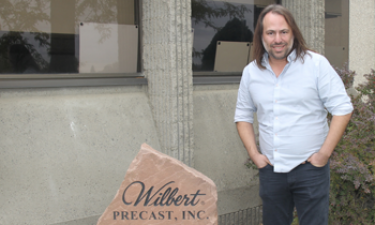Here’s a stat that needs consideration:
Nearly 30 percent of the fastest-growing occupations in the next decade will require at least some background in Science, Technology, Engineering and Math (STEM)*. With a large amount of our STEM workforce nearing retirement, a good amount of jobs will be available for the taking.
At our September 29 “Community Conversation on STEM Education,” businesses and educators came together to talk about how to advance STEM initiatives. At the event, Avista Utilities said 30 to 40 percent of workers in the electric power industry are eligible for retirement by 2013. 45 percent of utility engineers are eligible for retirement in the next five years. This isn’t the only industry that will need workers with skills anchored in STEM.
Today’s students will be crucial to our future economic success in those STEM jobs. After all, students today will be employees, business owners and CEOs tomorrow. Let’s take a look at what we’re doing to help prepare our students to enter the STEM workforce.
We’ve helped convene K-12, higher education and business leaders around state and local STEM initiatives. Jobs are on everybody’s mind right now, and looking down the road, it’s vital that we prepare our students to fill and grow jobs. STEM can help that. Occupations at Avista – for example – that involve STEM fields are:
- Line Worker
- Instrument/Control/Relay Operator
- Mechanic
- Electrician
- Dispatcher
- Engineer
- Conservation Program Administrator
- Energy Advisor
- Resource Conservation Manager
- Meter Reader
- Meter Technicians
To fill these jobs, we need educators to know how to develop curriculum in these subjects. That’s why initiatives like Project Lead The Way (PLTW) are important. We actively supported WSU’s successful bid to become the Project Lead The Way biomedical training affiliate to train teachers in bioscience curriculum. 13 local high schools are implementing PLTW, where middle and high school teachers are introduced to curriculum in STEM subjects.
Washington FIRST Robotics is another program that brings students closer to science and technology, inspiring them to pursue a career in those fields. In fact, Eastern Washington University will host the regional FIRST Robotics Competition in 2012.
As you can see, there are a number of programs and initiatives aimed at steering students toward careers with STEM backgrounds. It’s important we are proactive in these initiatives.
Our economy depends on it.
*From www.changetheequation.org
See how our community is driving STEM initiatives in this video, which was shown at our 2011 Annual Meeting:





